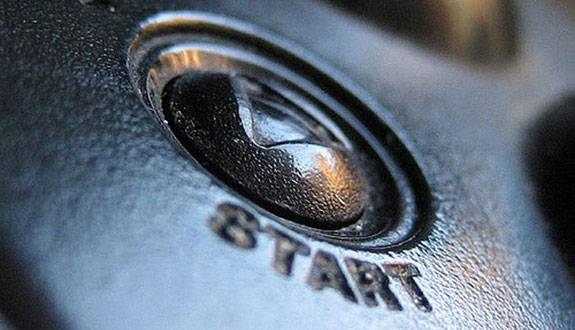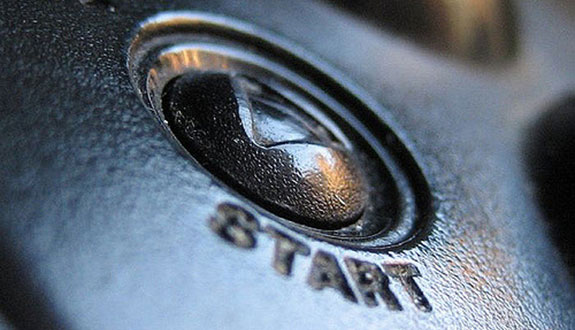Ready Player 1
- by
- Feb 18, 2016
- General LSAT Advice, LSAT
- Reviewed by: Matt Riley


If you’re thinking about taking the LSAT in June, you may feel like you’re in limbo at the moment. Prep classes don’t start for a while, but the LSAT is a beast that can take months to master. So what can you do in the meantime to prepare?
Of course, you can start studying for the test now to get a head start on class. This might be a particularly good idea if you know you won’t have a ton of time to study in the two months leading up to the exam. The only danger is that it is possible to develop bad habits that you’ll have to unlearn once you start studying with an instructor. If you do want to start studying early, my advice is to be consistent with respect to the resources you use. In other words, don’t study for the next two months with your brother’s half-completed Kaplan book if you plan on taking a Blueprint class that starts in April. Each prep company teaches different methods, and you don’t want to confuse yourself by having to switch gears after two months.
If you don’t think you need to start studying in earnest right away, there are still a few things you can do to prepare. In particular, I would focus on familiarizing yourself with the kind of critical reading and argument analysis you’ll do on the LSAT.
You might start by increasing your daily readings. The LSAT Reading Comprehension section includes passages on physical science, social science, humanities, and the law. Look for readings in these areas to help you practice parsing dense, argumentative text. For science, check out Scientific American, which presents science news for the layman. Social science and the humanities are pretty broad categories: they include political science, sociology, psychology, literary criticism, philosophy, and more. The New Yorker is a good place to start, as is the Opinion page of the New York Times (I’m from New York… I’m told the rest of the country has some good offerings as well). I also like to point students to Richard Tarnas’ The Passion of the Western Mind, an intellectual history, which is just a really good book. Finally, for law readings… well, you’re going to law school, so you must have shelves and shelves of arcane legal screeds and histories, which you pour over every night while writing Supreme Court fan fiction, right? Well, if not, you might start with A History of American Law by Lawrence M. Friedman. If you get through it’s 640 pages, you actually don’t have to take the LSAT, or go to law school. Your ABA membership card will be mailed to you within 3-5 business days. Alternately, you could read one of the many, many biographies on Thurgood Marshall (the LSAT has a special affinity for Marshall-related passages).
In addition to increasing your reading, the other way you can pre-study for the LSAT is to familiarize yourself with a little logic and/or rhetoric. Either of these Great Courses (Option 1 and Option 2) would set you up nicely. Pro-tip: get an audible.com account and you can get Option 1 on the cheap. Laying a conceptual foundation would help with the Logical Reasoning section, in particular.
Other than that, enjoy your remaining weeks of freedom before the LSAT takes over your life.
Search the Blog

Free LSAT Practice Account
Sign up for a free Blueprint LSAT account and get access to a free trial of the Self-Paced Course and a free practice LSAT with a detailed score report, mind-blowing analytics, and explanatory videos.
Learn More
Popular Posts
-
logic games Game Over: LSAC Says Farewell to Logic Games
-
General LSAT Advice How to Get a 180 on the LSAT
-
Entertainment Revisiting Elle's LSAT Journey from Legally Blonde








